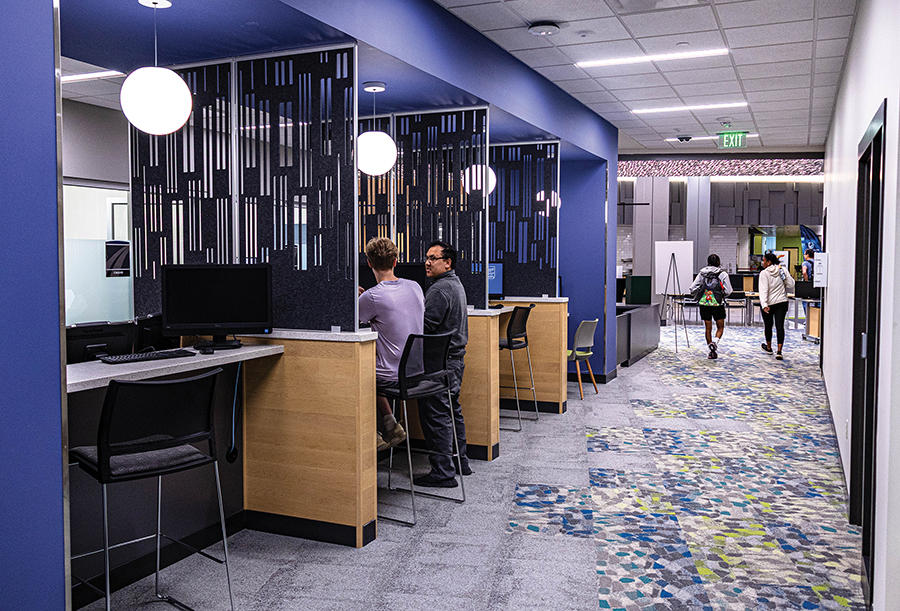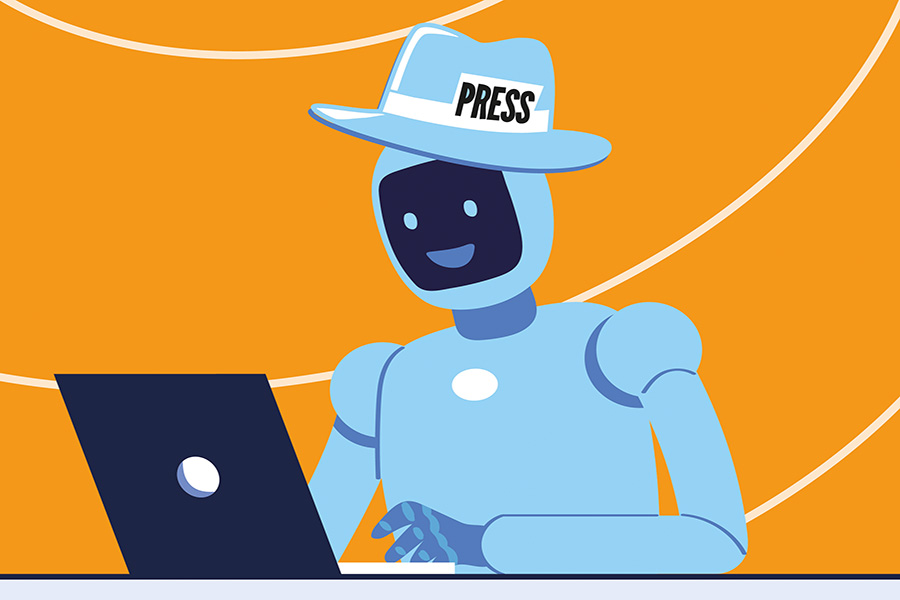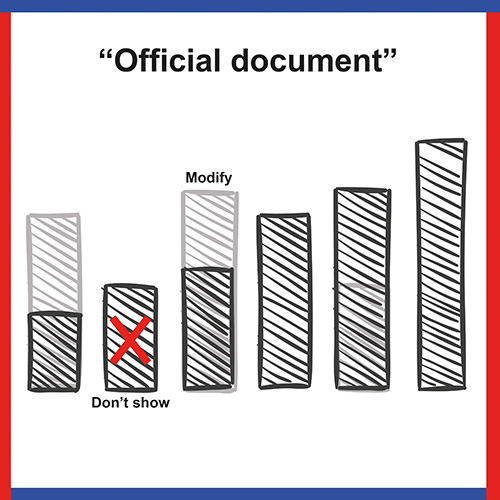Ninety-six times. That’s how often the average college student checks their phone each day roughly once every 10 minutes of waking life. As I power down my trusty flip phone — yes, a Japanese-built “Kyocera” flip phone in 2025 — I can’t help but reflect on what this means for our collective cognitive landscape.
Welcome to the final edition of The Clarion’s tech column for this academic year. We’ve journeyed through “hyper scaling” AI and the revolution in machine vision in the last few columns, but today I’ll examine something far more personal: the battle for our attention in an age of digital chaos.
My Two Months Without a Smartphone
When I traded my smartphone for a flip “feature” phone eight weeks ago, friends warned that it would be a professionally regressive move for a tech columnist and a Cybersecurity Analyst. What they didn’t perceive was that this wasn’t a rejection of technology on my part, but a controlled experiment in attention reclamation.
The results were startling. Without the constant pull of notifications, I found myself experiencing what author Cal Newport calls “deep work” — extended periods of uninterrupted concentration that yielded insights I’d previously been too fragmented to achieve. My attention didn’t just improve; it transformed qualitatively.
Digital Minimalism: The Counterforce
Newport’s “Digital Minimalism” framework offers precisely what we need in this moment – not a Luddite rejection of innovation, but a deliberate philosophy of technological use based on core values rather than corporate agendas.
Consider this radical notion: technology should serve your deepest values, not the other way around.
The minimalist approach asks three essential questions before adopting any technology:
• Does this tool directly support something I deeply value?
• Is this the best way to support this value?
• How can I use this tool to maximize benefit while minimizing harm?
This isn’t anti-technology — it’s pro-intention.
The Attention Economy’s Invisible Hand
Why is digital minimalism necessary? Because we’ve (unfortunately) entered an economic paradigm where our mental bandwidth has become the primary commodity.
Unlike the technological shifts we’ve explored previously in this column, the attention economy operates on zero-sum principles. Every minute spent scrolling through algorithmically optimized content is a minute not spent on creative thought, meaningful connection, or personal growth.
Tech giants haven’t built trillion-dollar empires by serving users; they’ve done it by serving users to advertisers. The products are free because we are the product – specifically, our attention and the behavioral data it generates.
Each feature – infinite scrolls, autoplay videos, notification systems – undergoes thousands of A/B tests to maximize “engagement,” a sanitized term for what we might more accurately call “addiction engineering.”
Practical Steps Toward Digital Liberation
Based on my flip phone experiment and Newport’s research, here are strategies to reclaim your cognitive sovereignty:
• Schedule digital blocks rather than digital breaks. Reserve specific times for online activities instead of taking occasional breaks from them. Default to offline, not online. Practice analog leisure.
• Rediscover high-value activities that require no screens: deep reading, conversation, craftsmanship, music, movement.
• Embrace “slow media.” Consume news and information through curated, less frequent sources rather than real-time feeds designed to trigger emotional responses.
• Conduct regular attention audits. Review your digital tools quarterly, eliminating those that extract more value than they provide.
The Bigger Picture
As we’ve seen with AI advancement, progress isn’t simply about scale but about intelligence – making smarter, not just bigger, systems. Similarly, a meaningful digital life isn’t about more connectivity but better connectivity.
The democratization of technology means unprecedented opportunities for students, but capitalizing on them requires the increasingly rare resource of sustained attention. The same computational power that enables remarkable creation also powers remarkably effective distraction.
As you head into summer, I challenge you to experiment with your relationship to technology. Try a digital detox weekend, delete your most-used social app, or simply turn off all notifications for 48 hours. Notice not just what you miss, but what you gain. In a world where machines are hyper scaling their capabilities, perhaps our most human advantage lies in our ability to choose where we direct our finite attention. After all, what we pay attention to is ultimately what we become.
Wishing you a Summer 25 full of deep focus, meaningful connection, and the occasional liberating moment of being absolutely, wonderfully unreachable.
























